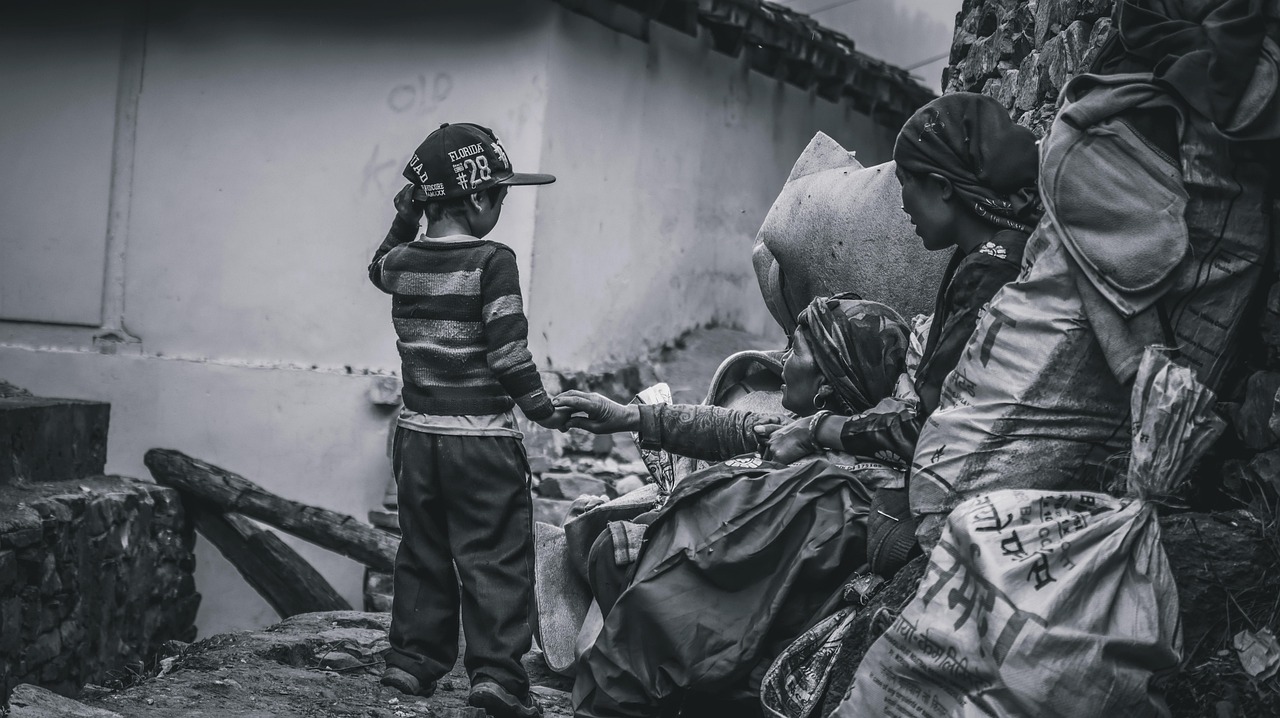Context and Problem
India faces a critical gap in early childhood education, with over 50 million children under the age of 6 falling behind in critical developmental areas even before entering primary school. The lack of high-quality early learning opportunities adversely affects children's IQ, future schooling, and eventual income potential, perpetuating cycles of poverty. Anganwadis, India’s public daycare network, are underutilized in addressing these developmental needs due to insufficient training for workers, limited access to engaging and developmentally appropriate educational content, and minimal parental involvement. The urgency to transform early childhood education is compounded by India’s demographic dividend, where providing equitable learning opportunities can significantly shape the future of the nation.
Solution
Rocket Learning addresses these challenges with a comprehensive, AI-powered solution to engage parents, train educators, and influence systemic change through policy and data-driven insights.
Three things are done to empower parents. First, localized learning content is created, which includes short, bite-sized lessons in local languages designed to engage parents and children in playful and effective learning activities at home. Second, AI-enabled coaching, where a digital assistant provides personalized habit-building strategies to parents, enabling sustained engagement in their children’s early learning journey. Third, self-help peer groups, where WhatsApp is leveraged to facilitate community-driven learning networks where parents share experiences, ask questions, and support one another.
To equip Anganwadi educators, play-based learning content is designed which includes interactive and culturally relevant tools to foster social, emotional, and cognitive skills in children, educator certification which involves modular in-person training programs to enhance Anganwadi workers' professional skills and certify them as early childhood educators, and utilization of social and emotional learning tools, which help children build emotional resilience and collaboration skills.
To drive systemic change, policy advocacy is carried out through collaborating with central and state governments to integrate early childhood education policies into broader educational frameworks, technical support for government is provided through expertise and resource allocation, and data analytics is used to measure program impact and refine strategies.
The implementation plan for Rocket Learning begins with a Pilot and Localization phase in the first year, targeting selected districts in high-priority states to introduce a localized version of the solution. During this phase, initial batches of Anganwadi workers are trained, and parents are engaged through WhatsApp groups, with baseline data collected to measure children's developmental milestones and parental involvement. In the Scaling Across Districts phase (Years 2–3), operations expand to 10 states, focusing on underperforming districts with a high concentration of children under 6. Anganwadi worker participation increases to cover 15–20% of all public preschool tutors, with AI used to optimize content delivery and provide personalized support. Finally, in the Integration with Policy and Sustainability phase (Years 4–5), findings are incorporated into national early education policies with evidence-based recommendations, long-term partnerships with state governments are established to ensure funding, and systems are embedded for ongoing educator training and parental engagement to sustain the program's impact.
Impact
Rocket Learning has achieved a significant impact by engaging 3 million children and parents across 10 states and 140 districts, while training 200,000 Anganwadi workers in play-based and social-emotional learning (SEL) pedagogy. This initiative directly impacts 15% of all public preschool tutors, driving systemic improvements in early education. The program has led to measurable outcomes, including improved cognitive and social development among children under six, enhanced capacity of Anganwadi centers to deliver quality education, and increased parental engagement and awareness of the importance of early learning.
Note: further analysis will have to be carried out to understand the programs entire impact.












